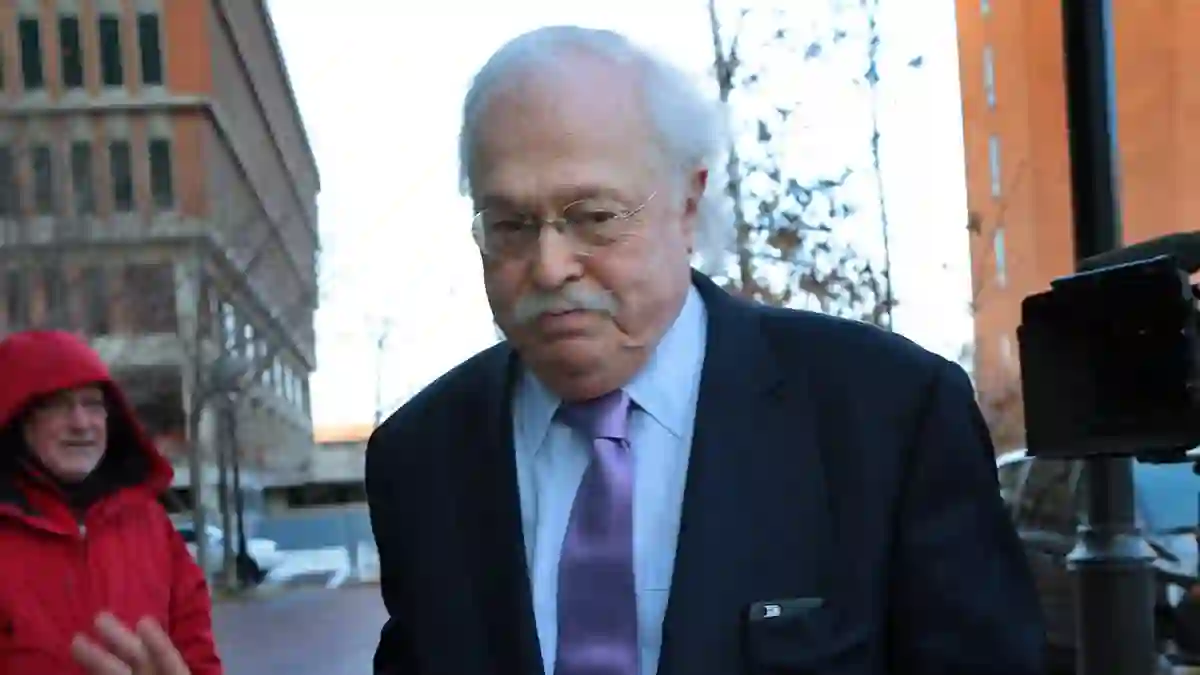When it comes to high-profile death cases that spark conspiracy theories, Dr. Michael Baden’s name often comes up.
The 90-year-old forensic pathologist, who once served as New York City’s chief medical examiner, has been involved in some of the most debated autopsies—from George Floyd and Michael Brown to the assassinations of JFK and Martin Luther King Jr.
And often, his findings challenge the official story.
A Career Marked by Controversy and Independence
Baden’s journey hasn’t been without its bumps.
About 40 years ago, he was removed from a medical examiner position amid accusations of sloppy work and poor cooperation.
Since then, he’s operated as a sort of freelance expert, brought in by families or private parties who want a second opinion on suspicious deaths.
Examining Jeffrey Epstein’s Death
One of his most controversial cases came when Mark Epstein, brother of convicted sex offender Jeffrey Epstein, hired Baden to observe the autopsy after Jeffrey died in a Manhattan jail in August 2019.
The official ruling was suicide by hanging, but Baden didn’t buy it.
He told the Daily Mail, “It wasn’t typical for suicide,” pointing out unusual injuries on Epstein’s neck that he said were more consistent with homicide.
Baden handed over his report to Mark Epstein, who was shocked but appreciated the independent perspective.
A Commitment to the Truth Above All
Baden stresses that he’s not influenced by those who hire him; his job is to find the truth.
“Whether it’s government or a private citizen, the pathologist must report facts without bias,” he said.
This objectivity has made him a trusted voice for families seeking clarity, but also a magnet for conspiracy theorists.
Other Cases Where Baden Offered Different Perspectives
After George Floyd died in 2020, Baden was brought in by the family for a second autopsy.
He confirmed Floyd was in good health, contradicting some claims that heart disease or drug use were primary causes.
The police officer involved was later convicted.
Similarly, Baden examined Michael Brown’s death in Ferguson in 2014 and offered insights on the nature of Brown’s wounds, which fueled debates about the shooting circumstances. The officer was acquitted.
Why Baden Questions Epstein’s Suicide Verdict
Baden explains that Epstein’s neck injuries—specifically multiple fractures—were unusual for typical suicide hangings.
He also points out Epstein’s position at the time of death: seated with legs extended, which wouldn’t have put enough pressure on his neck to cause such damage.
With decades of experience reviewing jail suicides, Baden says he’s never seen similar fractures in hundreds of cases of suicidal hangings.
New Prison Footage Fuels Debate but Baden Remains Unconvinced
Recently released footage from Epstein’s jail shows a mysterious two-minute gap around midnight when the cameras reset.
Some have speculated a killer might have slipped in during that time.
But Baden thinks that’s unlikely. “Neck compression would cause unconsciousness in seconds, but staging the scene would take much longer,” he explained.
Still, he believes it’s possible Epstein was killed by another inmate during the 10 hours he was left alone against protocol.
The Ongoing Mystery and Public Fascination
Even with Baden’s extensive experience—including chairing panels on the JFK and MLK assassinations—the Epstein case continues to captivate and divide public opinion.
“It’s not quite on the same level as those, but it keeps going,” Baden said. “This case really has a life of its own.”
